Specialist nuclear freight FAQs
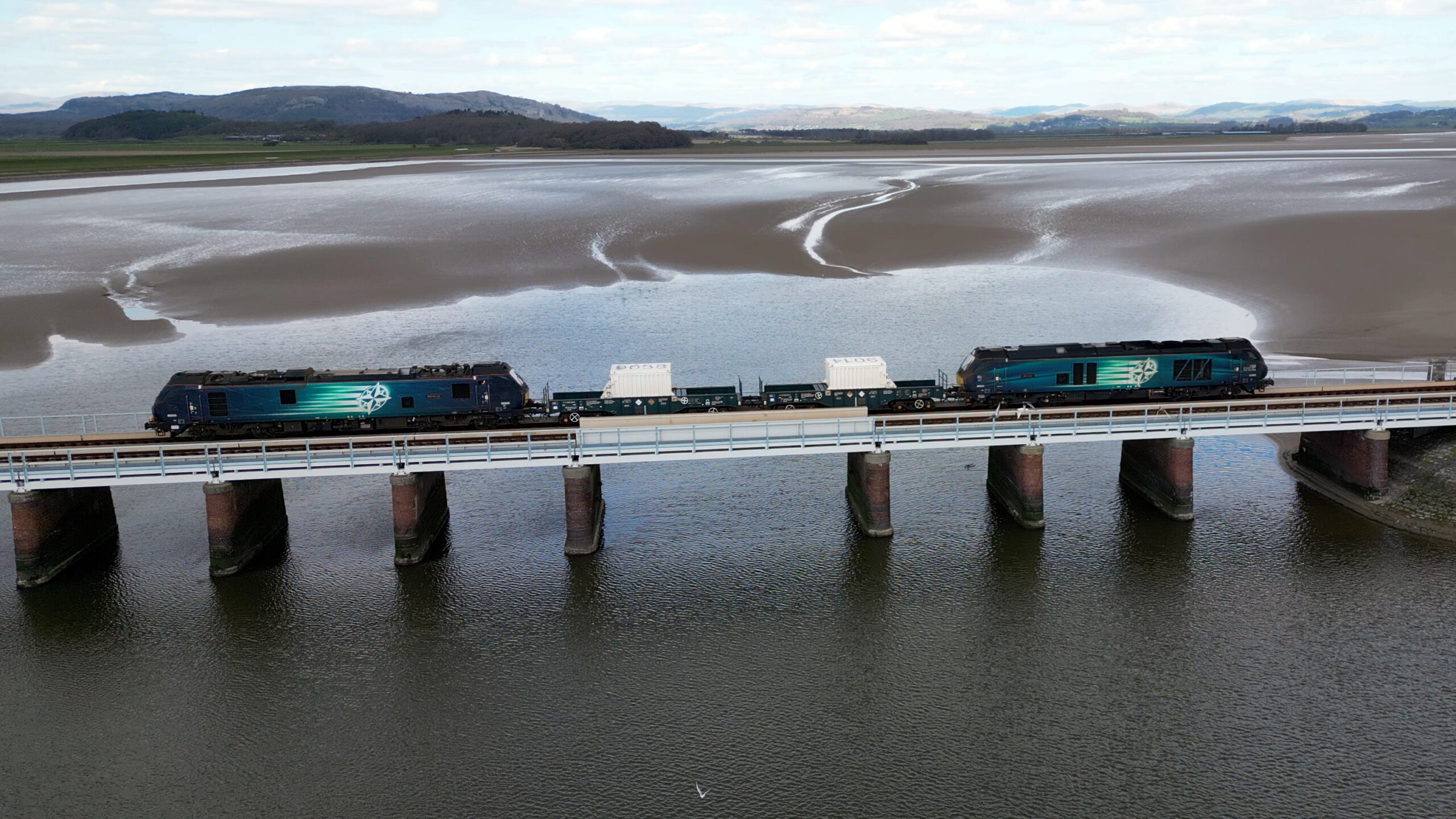
Here are some common questions we’re asked about our services. If you have other questions or require more information please get in touch and we’d be happy to help – communications@ntsglobal.uk
What are nuclear materials?
Nuclear materials refer to substances that contain radioactive isotopes, such as uranium, plutonium, and other radioactive elements used in nuclear reactors, medical applications, and research.
What form is the nuclear material in?
Nuclear material is usually a solid, spent fuel is in pellet form and is very stable. Other nuclear material is often vitrified, which means it’s mixed with glass to become a solid substance.
How are nuclear materials transported?
Nuclear materials are transported using specialised containers, called flasks, and transport vehicles designed to ensure the safety and security of the materials. These flasks are designed to withstand accidents, minimise the risk of radiation release, and protect the materials from external hazards.
All flasks adhere to International Atomic Energy Agency (IAEA) standards.
What safety measures are in place for transporting nuclear materials?
Transporting nuclear materials involves strict safety measures to mitigate potential risks. These measures include robust packaging and container design, adherence to international regulations and guidelines, thorough planning and route selection, and security escorts.
What regulations govern the transportation of nuclear materials?
The transportation of nuclear materials is regulated by national and international bodies. For example, the International Atomic Energy Agency (IAEA) The Energy Act 2013; The Carriage of Dangerous Goods and Use of Transportable Pressure Equipment Regulations 2009 The Energy Act 2013; Intergovernmental Organisation for International Carriage by Rail (OTIF); Regulations concerning the International Carriage of Dangerous Goods by Rail (RID).
What precautions are taken to prevent accidents during transport?
Precautions include rigorous and continual training for personnel involved in transportation, comprehensive safety inspections of transport containers, adherence to strict handling and loading procedures, and compliance with traffic and transportation regulations. These measures aim to prevent accidents and ensure the safe delivery of nuclear materials.
What happens in the event of an accident during transport?
Transport accidents involving nuclear materials are exceptionally rare due to the stringent safety measures in place. However, in the event of an accident, emergency response plans are activated to address the situation promptly. These plans involve co-ordinating with relevant authorities, implementing appropriate containment and mitigation measures.
Our trains have travelled over 13.5 million miles and ships over 5 million miles without a radiological release incident.
How is the security of nuclear materials ensured during transport?
Nuclear material transport is subject to strict security measures to prevent unauthorised access, theft, or sabotage. Security escorts, tracking systems, and tamper-evident seals are employed to safeguard the materials throughout the transport process. Additionally, co-ordination with law enforcement agencies and intelligence services enhances security.
What’s the radiation risk of a passing train carrying nuclear material?
Radiation occurs naturally in the environment and radiation is present all around us.
The materials transported by rail and ships is highly shielded against radiation. The flasks used are constructed to, not only shield from radiation, but also to be incredibly strong in the unlikely event of an accident.
The types of material transported vary in their radioactivity but typically, from 2m away, the radiation given off by these transports would be equal to the naturally occurring background radiation.
If you have any further questions please contact us at Communications@ntsglobal.uk
We are the only operator in the UK approved to carry nuclear material by rail, and we’re proud of our 100% nuclear safety record.
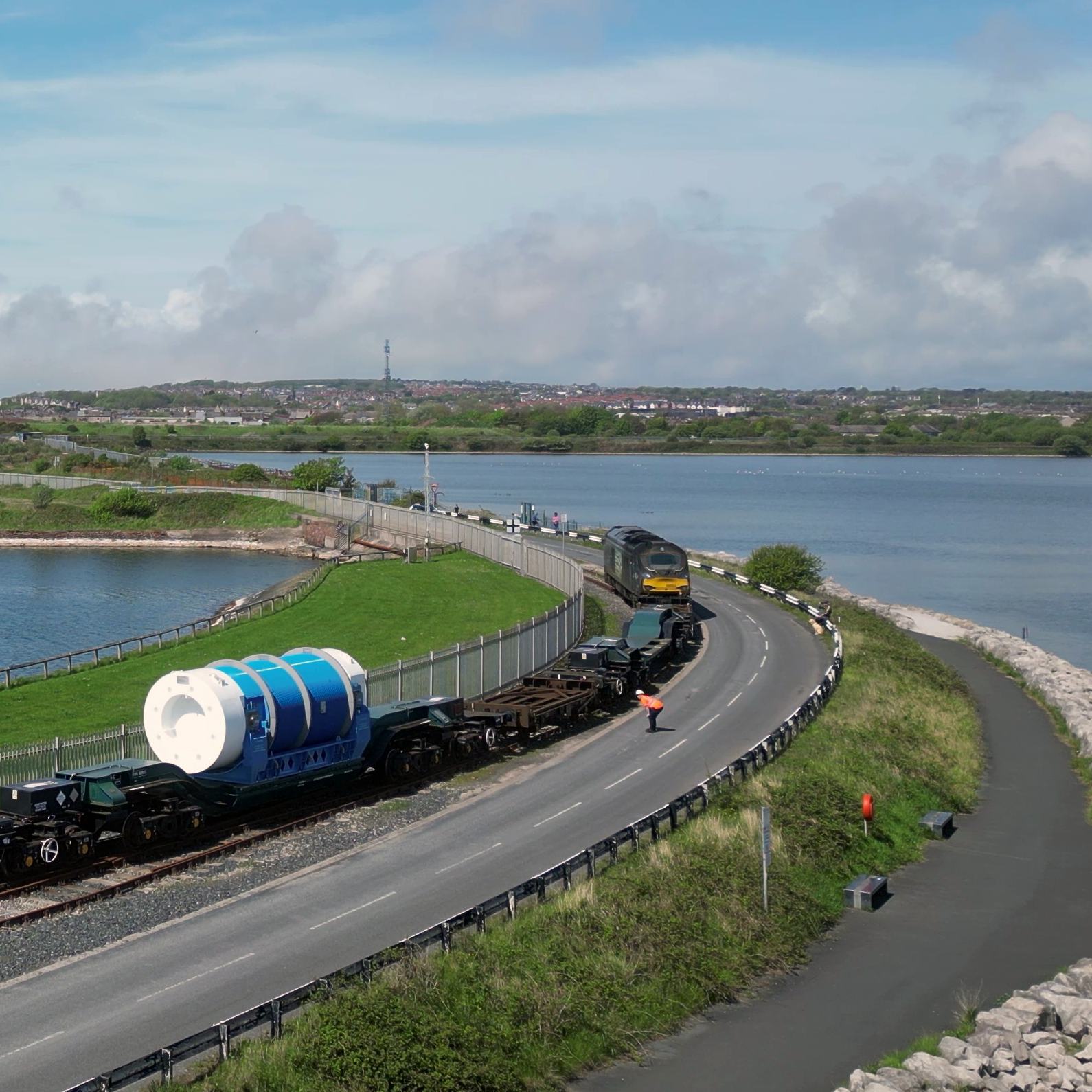
Safe and secure
The transport of nuclear materials by rail presents a uniquely demanding set of challenges. Safety and security are paramount, with every movement bound by stringent regulatory and licencing conditions.
As the only approved rail carrier of Category I-III Nuclear Material in the UK we have developed a special understanding of the UK and international regulatory statutes that frame nuclear transports, and we are committed to providing safe and secure services to our customers.
Discover more
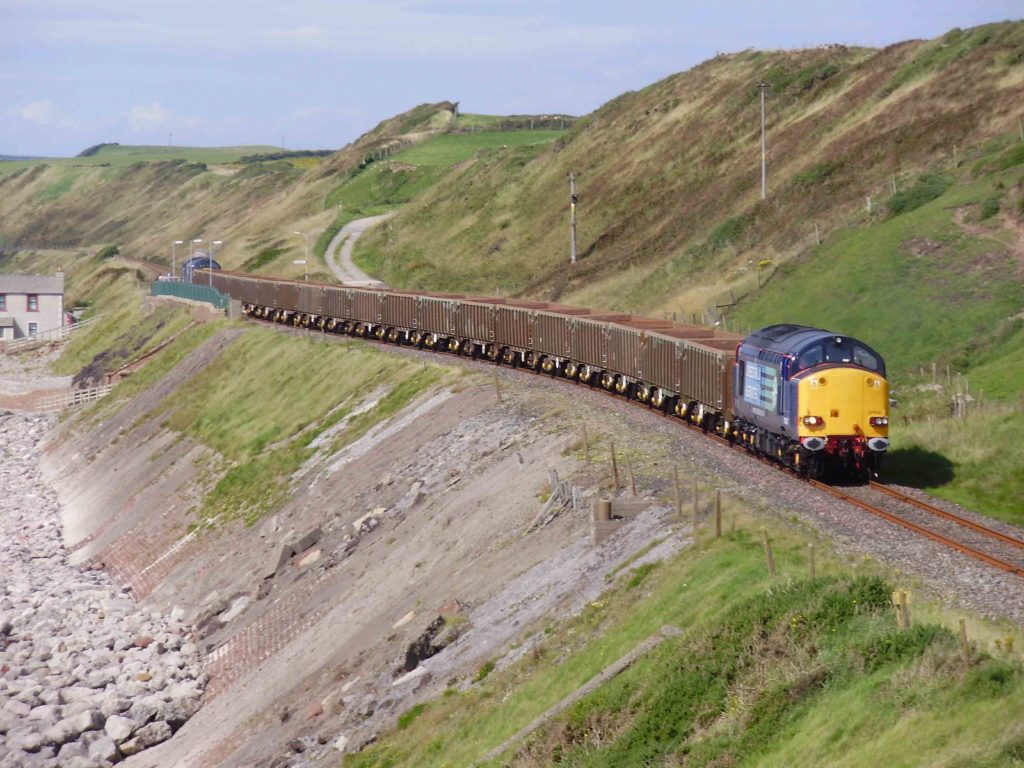
Major projects support
Supporting the success of major projects through tailored rail logistics solutions.
Major projects support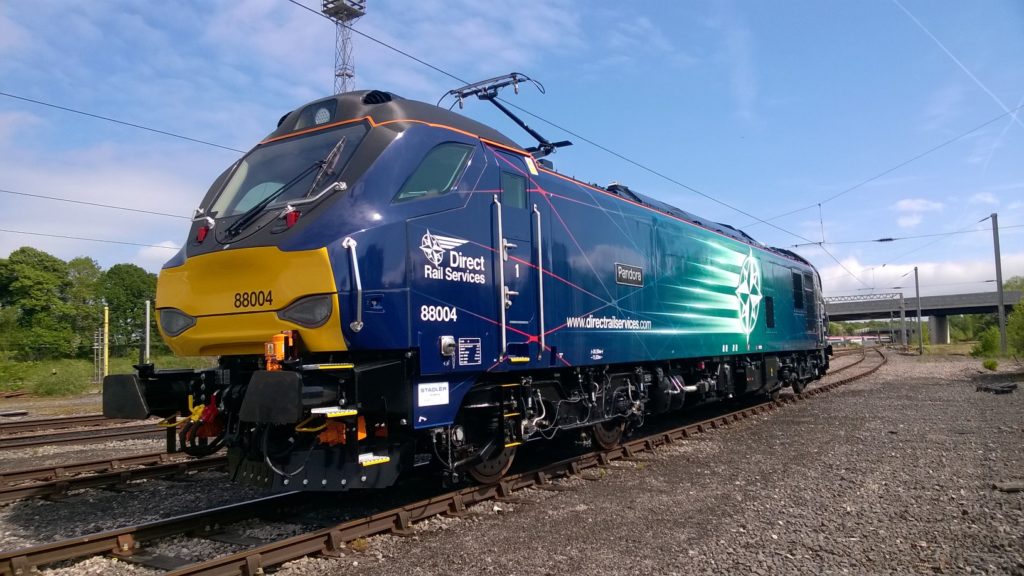
Innovative solutions
A range of efficient, innovative and sustainable technical rail solutions for customers in nuclear and non-nuclear sectors.
Innovative solutions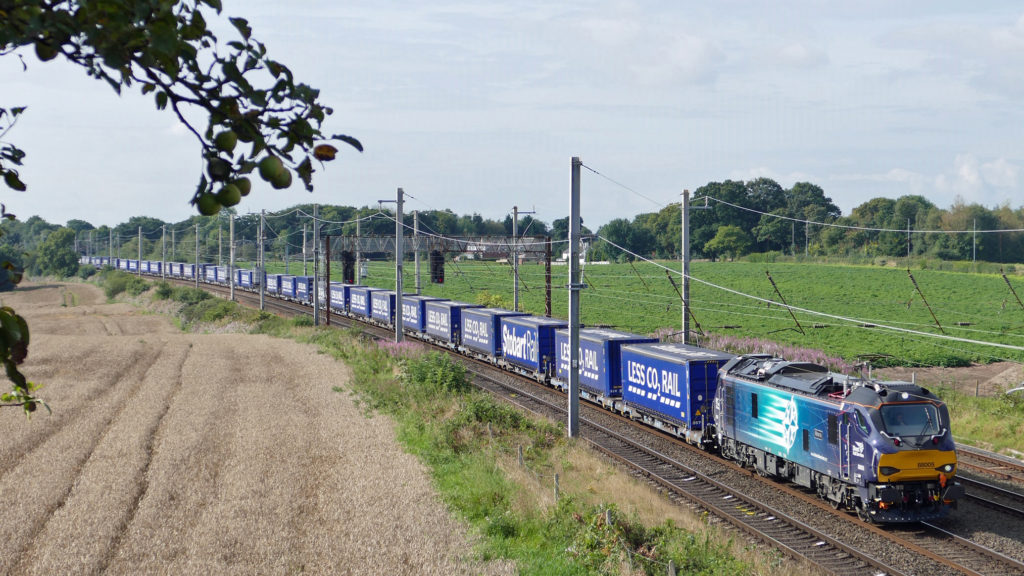
Non-nuclear services
Supporting our core business of delivering essential rail transport services to the nuclear industry is a wider portfolio of rail services for customers in other sectors, including retail and consumer goods.
Non-nuclear services